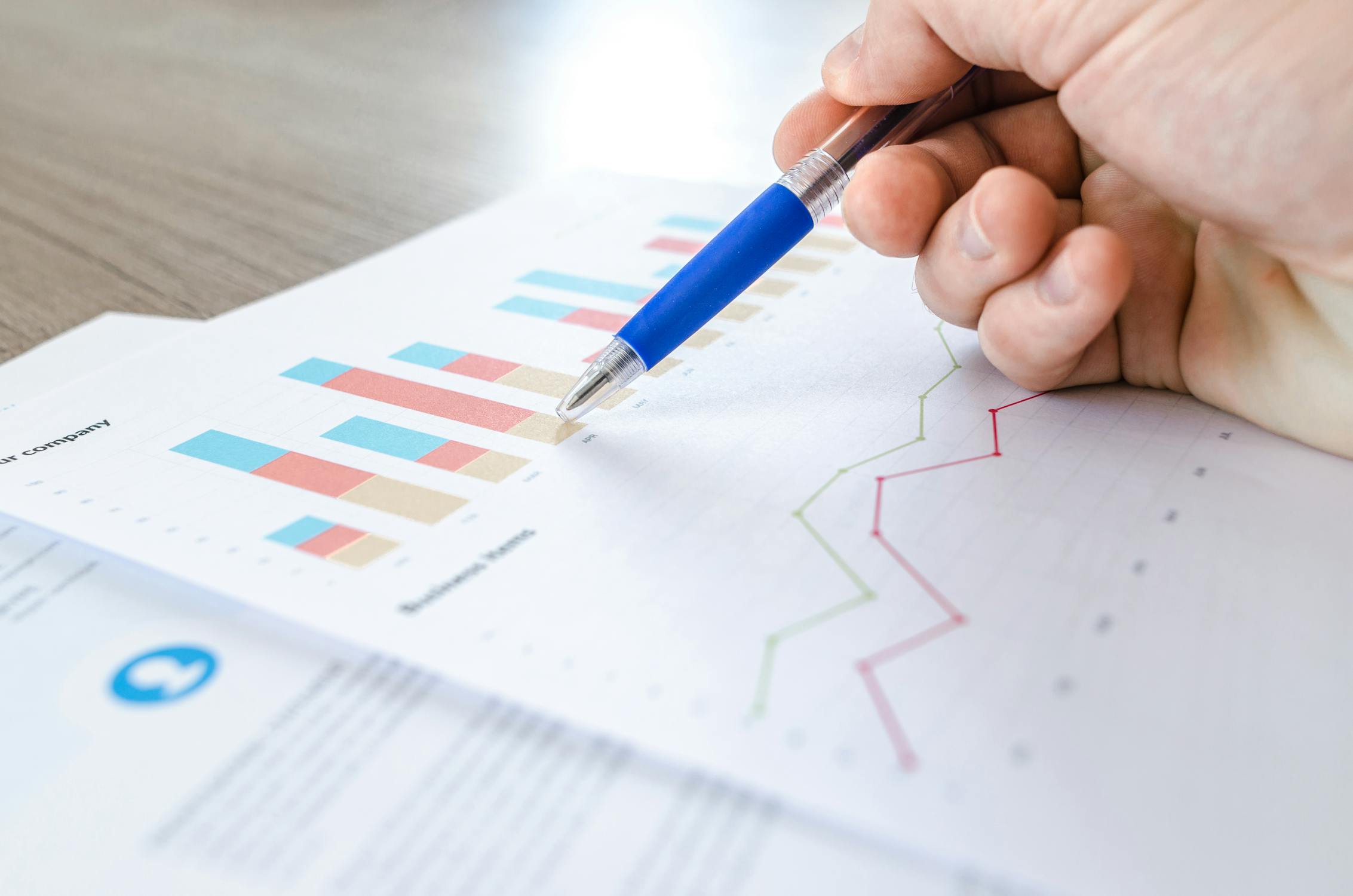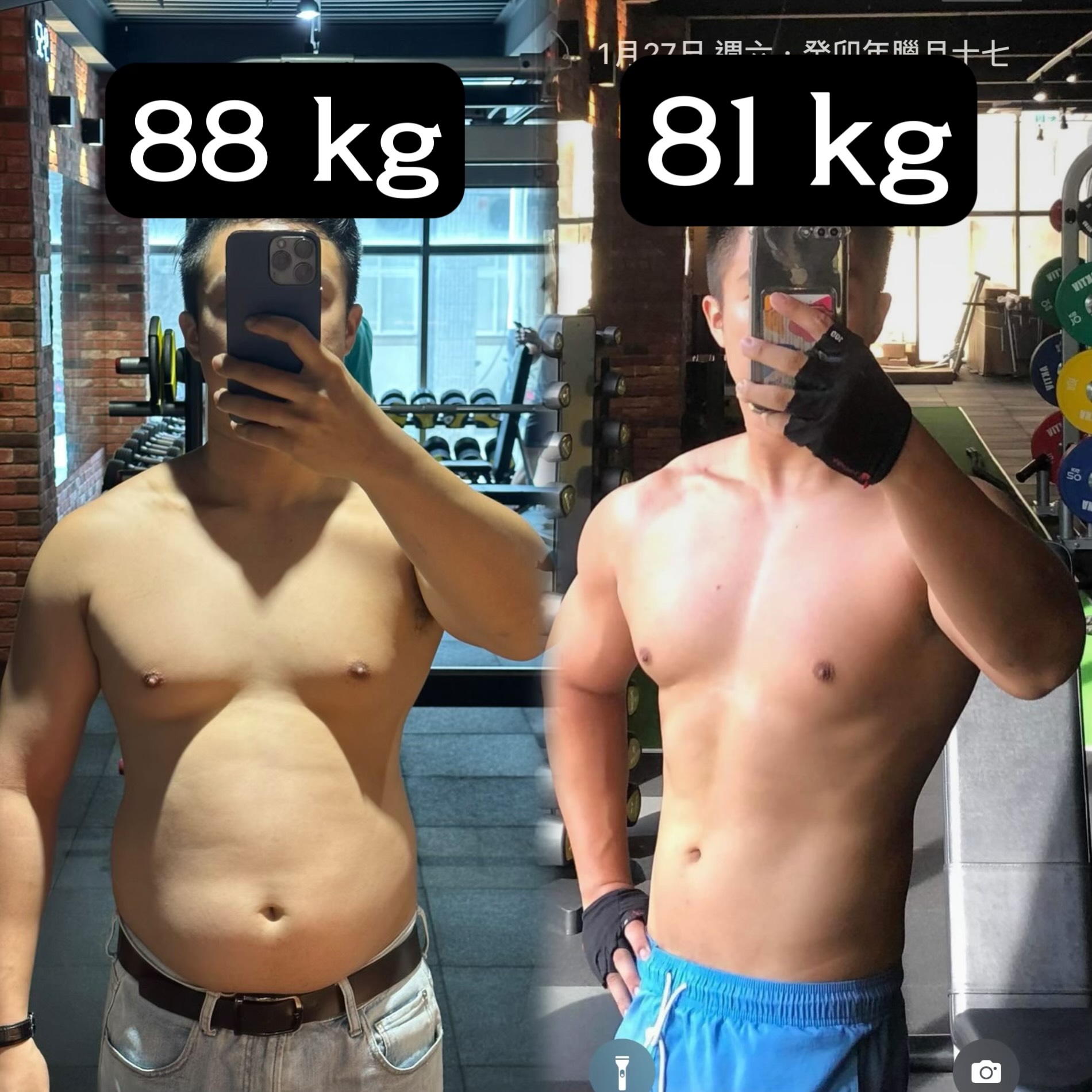Do you need to consume protein right after your workout to see the best muscle growth?
I've followed this advice myself, rushing to drink a protein shake immediately after my workouts, just like many others.
But let's look at what recent research says about this practice and whether it's as crucial as we've been told.
Table of Contents
What is the Anabolic Window?
The anabolic window is supposed to be a short time after your workout when your body is extra good at using protein to repair and grow muscles.
People often say this window is about 30 minutes long, leading many to believe they must drink a protein shake quickly after exercising.
How Our Bodies Use Protein
Protein is a crucial nutrient that plays a key role in how our bodies operate on a daily basis.
Here's what happens when you consume protein:
Repair and Maintenance
Protein is essential for the repair and growth of tissues, especially after workouts when muscle fibers are damaged.
Enzymes and Hormones
Proteins are crucial components of many enzymes and hormones that regulate vital bodily functions like metabolism and mood.
Immune System Function
Proteins help form antibodies that are essential in fighting off infections and keeping the immune system healthy.
Energy Source
When carbohydrates are low, proteins can also serve as an energy source, though this is not their primary function.
It's important to note that while immediate post-exercise protein intake can aid in muscle recovery, the overall daily intake of protein is crucial for long-term muscle maintenance and growth.
This aligns with the idea that timing might be flexible, but the quantity and quality of protein consumed throughout the day remain vital.
Research Shows a Larger Window

New studies show that the anabolic window could be much longer than 30 minutes, possibly up to 8 hours after working out.
For instance, a study published in the Journal of the International Society of Sports Nutrition found that the timing of protein intake in relation to a workout might not be as crucial as once thought, as long as the overall daily protein requirements are met (Schoenfeld, B.J., Aragon, A.A., & Krieger, J.W., 2013).
This indicates that the body can efficiently utilize protein for muscle synthesis and repair across a much wider timeframe than previously believed.
Additionally, a review in Nutrients highlighted that the prolonged period of increased muscle protein synthesis following exercise provides a more extended opportunity for nutrient intake to impact muscle repair and growth (Aragon, A.A., & Schoenfeld, B.J., 2013).
This means the body doesn't need protein immediately after exercise to start repairing and growing muscles.
Knowing this, I've become more relaxed about when I consume protein after exercising.
What's Most Important for Muscle Growth
Building muscles and recovering well depends on your total daily protein intake, not just post-workout.
I recommend adjusting your daily protein intake depending on your goals and fitness level.
Using my fat loss client as an example, he was able to retain muscle on a cut.
Over the 9 week fat loss transformation, we put him on 1.8g protein / kg daily for the first 5 weeks, increasing it to 2.2g protein / kg as his weight dropped.

This shows that building muscles and recovering well depends on your total daily protein intake, not just post-workout.
Consistently hitting target daily protein will ultimately be the main driver towards achieving your muscle building goals.
Final Thoughts
As a fitness influencer, my goal is to share accurate information and clear up misconceptions.
The idea of the anabolic window, while based on some truth about nutrition's role in muscle growth, isn't as strict as we've thought.
The most important thing is to eat enough protein every day.
So, don't stress if you can't get your protein shake immediately after your workout.
What matters more is your overall nutrition.
Listen to your body, and let's approach fitness with practical and flexible strategies.
